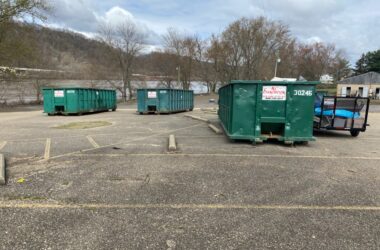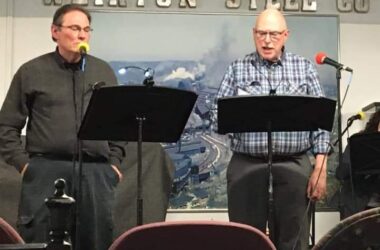A bill to reallocate net terminal income from racetrack video lottery to include municipalities has been introduced by Del. Pat McGeehan (R-1st). Under current statutes if a racetrack is not located within a municipality, two percent of the net terminal income goes to the County. If the net terminal income reaches a trigger mechanism ($2 million in Hancock County) the excess net terminal income is divided with 50 percent of the two percent remaining with the county and the other 50 percent being divided among the municipalities on a per capita basis. McGeehan’s bill strikes out “excess net terminal income” reverting the distribution to the total amount of net terminal income,
The explanatory note at the conclusion of the bill reads: “The purpose of the bill is to eliminate the discriminatory trigger mechanism “in excess of” language that prevents municipalities within counties that house a thoroughbred racetrack from equally participating in their net terminal income distributions because the “in excess of” language creates an unattainable trigger that has not been reached in years. The bill grants counties and municipalities a portion of the net terminal income from racetrack video lottery.”
The boom days following the passage of The Racetrack Video Lottery Act of 1994 resulted in Hancock County exceeding $2 million in net terminal income with both the County and its municipalities benefiting financially. The passage of similar legislation in PA and Ohio coupled with a downturn in the economy in recent years, however, has meant the trigger mechanism was not reached and the municipalities in Hancock County did not receive funding,



